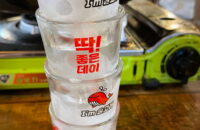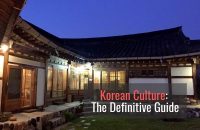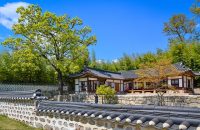Korea, amirite?
Full of some great and not so great things.
This post is all about doing more than just surviving as an expat in the Land of Morning Calm.
Find out how to blend in (as best you can) and thrive!
It has helpful tips on:
- Adapting
- Food
- Medicine
- Clothing
- Nightlife
- and more!
I’ve lived everywhere in Korea from the capital to the countryside.
Here are things I wish someone told me before I moved in 2006.
Let’s check them out!
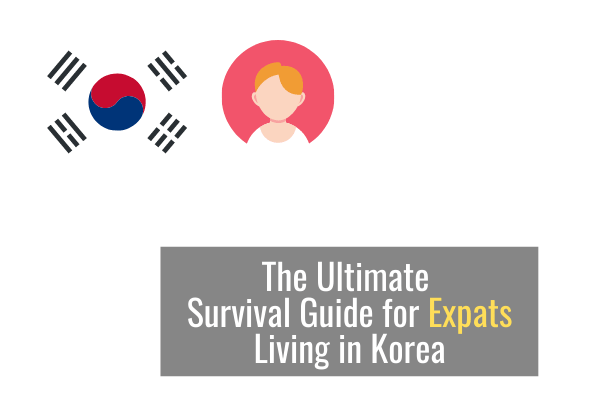
Korea changes quicker than any country I’ve lived in.
More about Why You Should Live in Korea
Korean markets added more overseas stuff (yay limes, cilantro and jalapenos!) in the last few years.
Activities like camping, weightlifting and getting tattoos became very popular all of a sudden.
Variety makes adapting easier.
More about Moving to Korea and What to Pack
Read on for more survival tips in South Korea.
Things to keep in mind while living in Korea
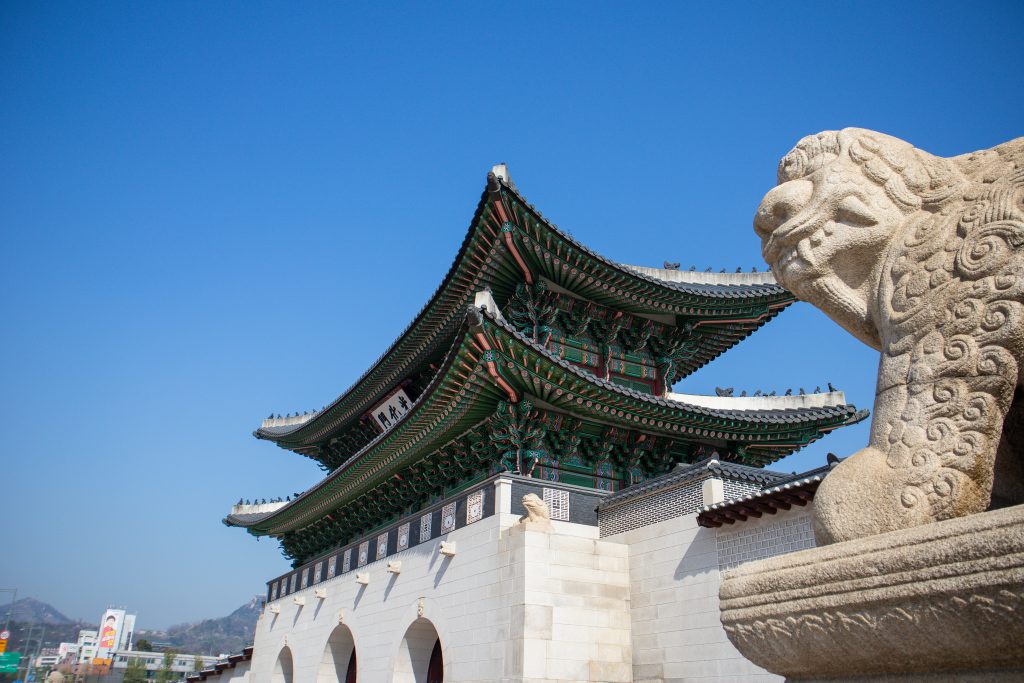
Korea is one of the most homogeneous countries on the planet. You’re going to stand out. Locals can even spot Korean Americans from a mile away.
It’s a country of extremes. Expect weather fluctuations, abrupt changes in air quality, service, food, and friendliness of people you encounter. I get the best and the worst service in the world, all in one day.
Don’t take this personally.
Life in Korea is hard. I had a taste of it while working at a company. Someone could just be having a bad day.
You’ll probably be living in Seoul (think New York vs the rest of the U.S.). It’s a megacity with 10 million people that’s not always representative of the country.
You learn to take the bad with the good. You’ll have advantages and disadvantages as a foreigner.
There are many opportunities for expats as they only make up a few percent of the population.
At the same time, you might be treated differently or attract attention you’re not used to.
Appreciating the positives and laughing off the negatives will help you cope.
More about Where to Live in Korea
Korea will also surprise you. It’s a one-of-a-kind place.
You wake up in the morning and have no idea what to expect. Being flexible with things you can’t control and managing what you can makes things easier.
If you have a hard time getting things done, try using a service like Wonderful.
They offer bilingual personal assistants who can help with purchasing groceries, online shopping, online payments, concert ticket purchases, baseball ticket purchases, getting repairs done at your home, getting a taxi, scheduling an airport transfer, ordering food, basic translation, calling local services and online research.
Use the discount code in the image below to get a 25% discount on your first time deposit.

Exploring your neighborhood in Korea
Scout out your neighborhood in all directions.
Check every side street and alley for hidden gems. Google and Naver miss a lot of them.
I lived in Mapo for six years and found cozy cafes and things to do near me the entire time.
Use a dictionary or Google Image translator to find out what signs mean if you don’t understand the language.
More about Korean Language
Finding good places to eat and chill in Korea
It takes me a while to find the right restaurants and quiet places to relax in a new neighborhood.
Naver or Yogiyo reviews are unreliable, because many of them are paid for with discounts, bottles of soda or mints. Google Map reviews are scarce in smaller areas.
I used to use Y-not and Birdriders back in the day for non-Korean food suggestions. I was really impressed when one of the founders delivered an order personally to get customer feedback from me.
The two companies have since merged into Shuttle, and it has more options than ever.
Shuttle is Korea’s only bilingual food delivery service, so you can order in English or Korean. If you don’t know what to eat, their app (Android┃iOS) recommends new, popular and trending restaurants, and even remembers all your favorite spots.
Recommendations from locals with some trial and error are another way to find places. The good news is there are plenty of choices when it comes to restaurants, cafes and even doctors.
You can afford to be picky and go elsewhere if you don’t feel welcome. As a rule of thumb, smaller places run by the owner are a good bet. You might even get some subeesu!
Find your safe place
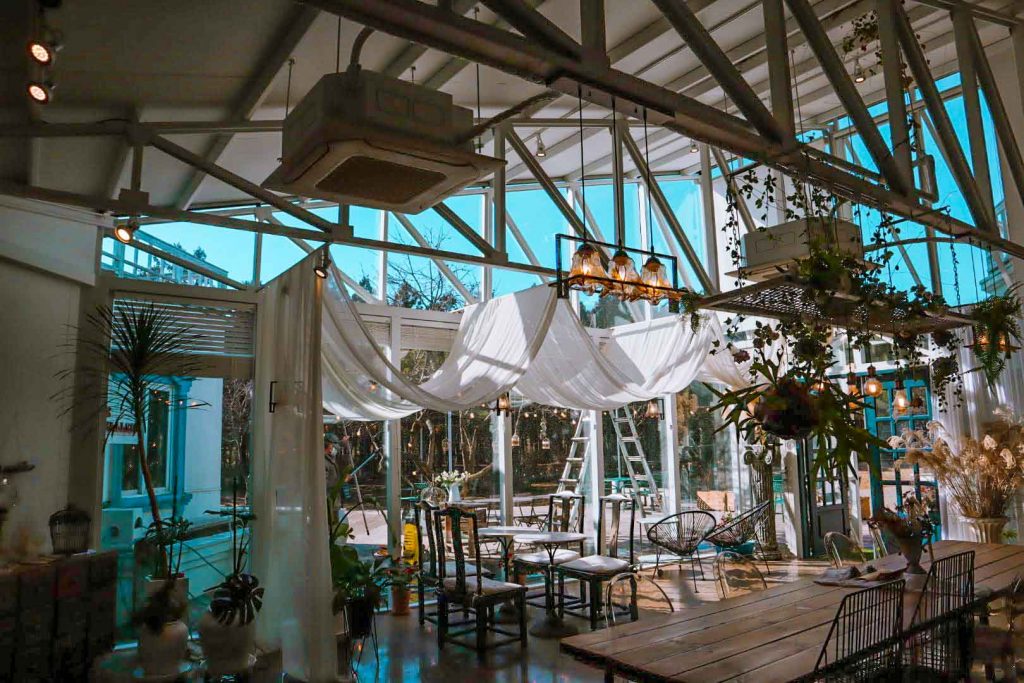
This could be a park, café or friend’s house. Having a sure thing where you can feel comfortable and decompress is vital to surviving in Korea. Locals call this “healing” which is Konglish for rest and relaxation.
Staying healthy in Korea
The Korean lifestyle has some healthy elements like walking, balanced meals, hiking and minimally-processed foods.
Check out one of the free outdoor gyms found in parks and green spaces for some nice screen-free time.
Giving feedback and criticism in Korea
Don’t!
This one took me a decade to figure out. Giving feedback is a poor use of time, unless you’re really cool with the owner. Criticism is unwelcome and will be ignored in most cases.
Asking for small things like less sugar or spice is OK at smaller restaurants. But don’t try it at a Kimbab Cheonguk (김밥 천국).
This goes double if you’re trying to give advice, at businesses catering to expats. If they don’t ask for it, don’t give it. I tried to tell a guy his Google Maps listing was off and he acted like I insulted his mother.
Don’t even mention that they changed the recipe. That’s code for “you stopped trying” in Korean.
Maintaining personal space in Korea
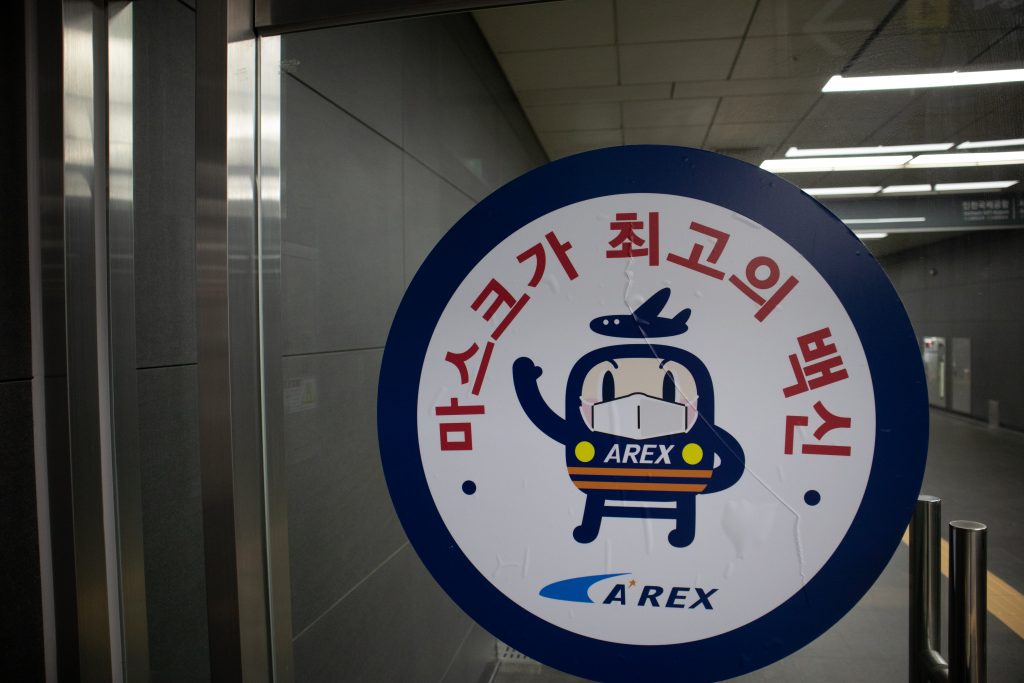
Until the COVID-19 pandemic, the concept of personal space didn’t exist. To be fair, this has only been around in western countries since the Renaissance Period.
Korea is one big family. Expect to be gently nudged from different directions in public.
The good news is, you can nudge back.
Subways and buses are packed during rush hour. People will step on your shoes and bump you from behind, mostly unintentionally.
Take a deep breath and move somewhere less crowded. Like many things in Korea, don’t take this personally. It happens to everyone.
Dealing with personal questions in Korea
Koreans can be an inquisitive bunch. And you sticking out like a sore thumb will turbocharge things.
You’ll be asked your age, country of origin and marital status within the first minute of encountering a new person.
Take this as a compliment and not as an inquisition. They’re curious about you, which means they like you.
Like with the nudging, personal questions aren’t limited to expats.
Dealing with exclusion in Korea
If you see a sign that says, “no ______ allowed” in front of a place, and you’re the _____, don’t get upset. Anti-discrimination laws don’t exist in Korea.
These signs are put up in response to recent events (for example, ____ group of people caused trouble last week so they blanket banned everyone in it).
I’ve seen this apply to every ethnicity (Russians, Nigerians, Chinese, Americans, overseas Koreans, etc.). I’ve even seen it apply to Koreans in their own country.
There’s a grocery store with a “foreigners only” sign above the door. I feel so exclusive when I walk in and they give me the nod.
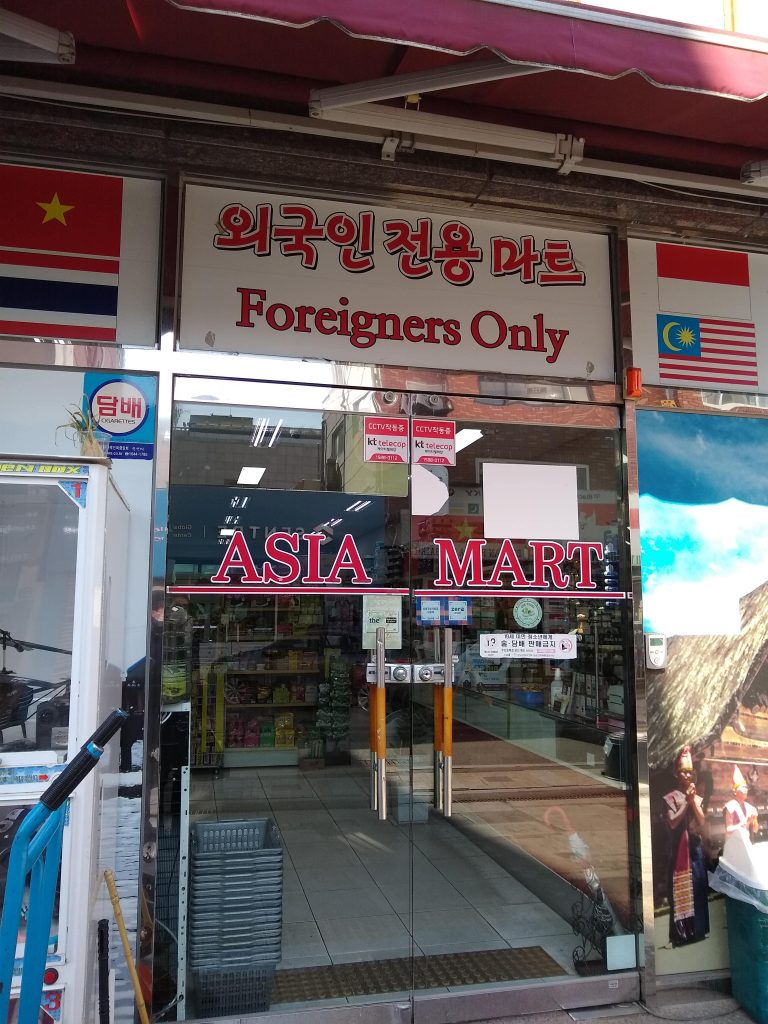
So go nuts and start a cafe that only caters to Dutch albino Amish.

Is Seoul good for expats?
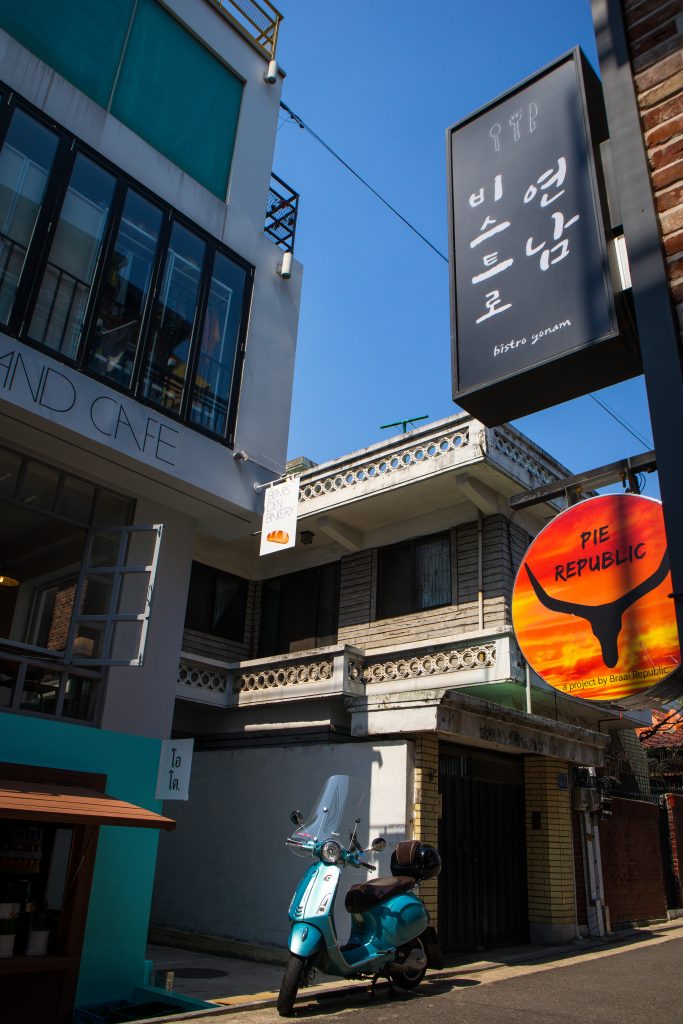
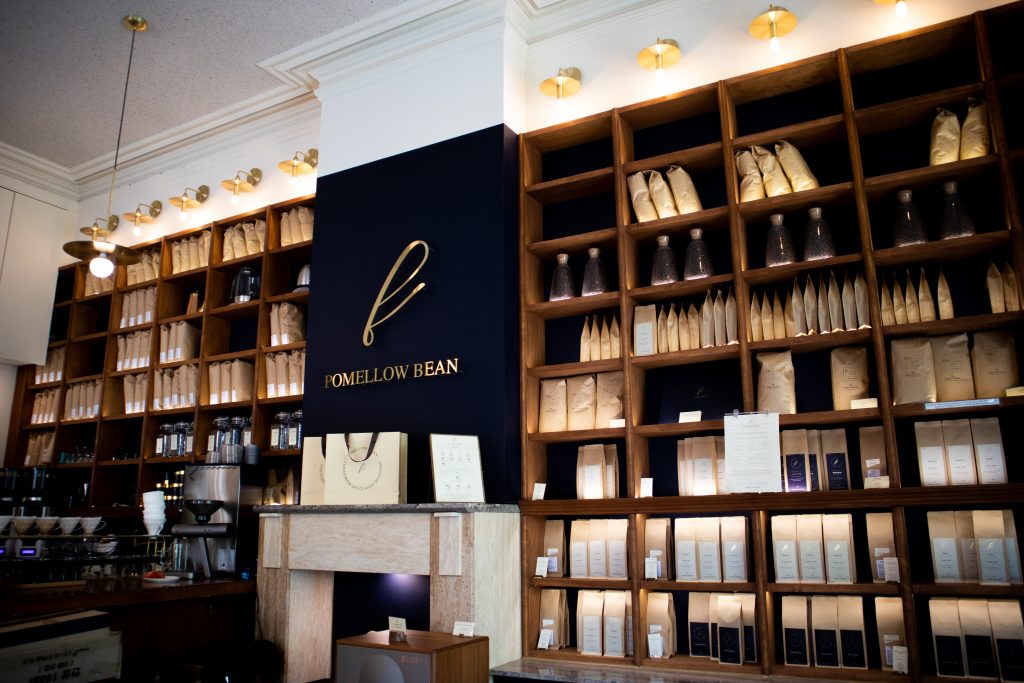
It depends on what you’re looking for. If you want nonstop stimulation, unlimited things to do and love being in crowded places, it’s great!
Seoul and its surrounding suburbs, while containing half the population, aren’t the whole the country.
Smaller cities and towns differ when it comes to quality of life. If you’re not a big city person, you’ll want to consider other areas like Busan, Gyeongsang-do or Jeolla-do.
Smaller cities (less than 10 million people) offer fun things to do as well. You’ll find the people more laid-back too.
Where do expats live in Seoul?
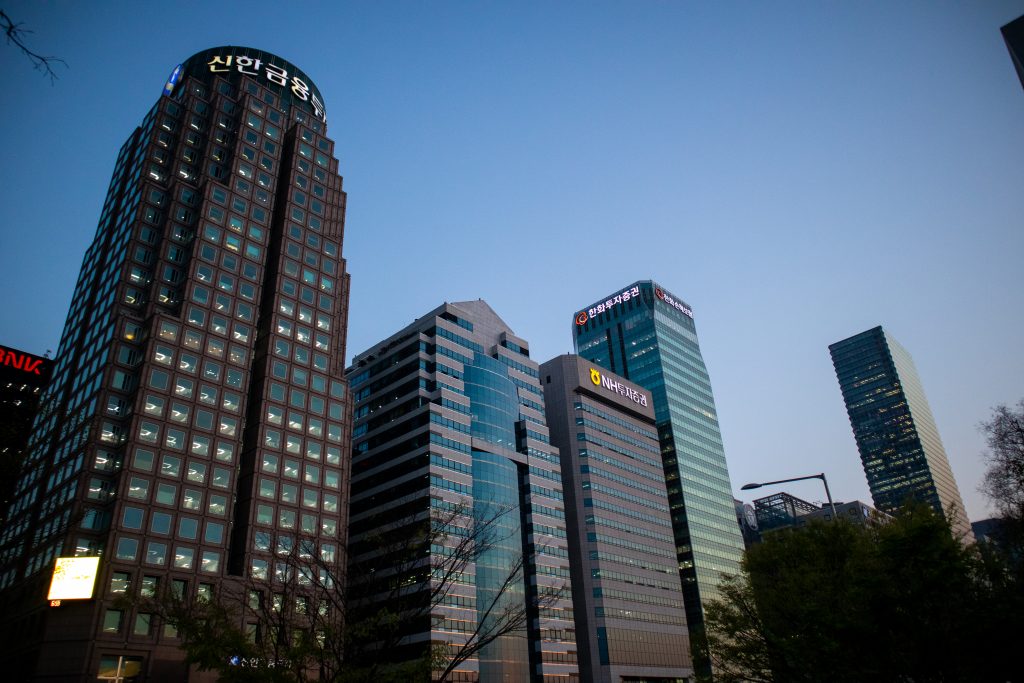
Expats are everywhere in Seoul. They tend to congregate in the Itaewon (including Gyeonglidan, Haebangchon, Hannam and Yongsan) and Gangnam areas.
It’s safe to live all over the city as an expat, even the dodgy looking ones. Check out your neighborhood online or in person before living there, since conditions vary.
I made this mistake when I first moved to Korea and ended up in a half-basement room in a less-than reputable neighborhood, just like where the family in the movie Parasite lived. The house flooded when it rained and I smelled like mildew. Good times.
Google Maps offers a street view of some parts of Korea. Naver Map can fill in the blanks.
Finding medicine and supplements in Korea
Some supplements like CBD, while legal, require a prescription (you need to suffer from something serious like epilepsy). If you order them to Korea, customs will hold them until you can provide proof of a prescription. So, plan accordingly.
I recommend bringing any personal medication, including anti-depressants in bulk, because psychiatry is still a new field in Korea. I don’t recommend switching medications while in the country (happened to a friend who had a rough time).
Multivitamins and ibuprofen cost more in Korea. They don’t carry the big bottles of ibuprofen even at Costco. Better buy them in bulk at CVS or Walgreens before.
What kind of food should I eat in South Korea?
Korean food is my favorite for daily consumption. There are hundreds of dishes containing everything from soy beans to seaweed. So, get your fill.
Korean food is often cheap, healthy and delicious. You can pack your fridge with inexpensive side dishes (banchan) and eat well all year. That being said, it’s important to have variety so you don’t get tired of it. Ordering groceries online will give you more options.
Imported rice is surprisingly hard to come by. So, if you miss Arborio, Basmati, Jasmine or any other type, try a foreign mart in your city.
Also, bring your favorite seasoning since it’ll be hard to find here.
Buying beef and pork in Korea
Unfortunately, beef is very expensive due to protectionism for Korean farmers. So, eat a steak before you come.
Pork is relatively inexpensive, and you can easily get your fix. That being said, good bacon is hard to come by. Make your own by adding salt, brown sugar and/or lime to pork belly, then storing it in the freezer.
Is it safe to drink tap water in Korea?
Koreans care a lot about clean water. Tap water is safe to drink, but you might want to run it through a Brita filter just to be sure. Your apartment’s water tank might not be getting cleaned as often as it should.
Buying clothes and shoes in Korea
You can find virtually any overseas brand in Korea, but they come at a premium.
Even Levi’s Jeans are considered somewhat upscale and cost a lot. I recommend bringing your own swimwear, lingerie, sportswear and shoes if possible.
There are outlets where you can buy clothes at a slight discount, but expect to pay more than you would at home. For example, an Under Armour hoodie goes for 150 USD at the mall in 2024.
Also, sizes run a bit smaller in Korea, so if you’re a medium in your home country, you’ll be a large here.
Shoe sizes are in cm, so make sure to convert them.
Returns and exchanges are not a given. They really depend on the store and the clerk’s mood at the time. Women have a special type of eye shadow they use called, hwanbul (환불 or refund) eye makeup, that makes them look tougher when they try to get one.
Duty free shopping can save you money if you do it right.
More about Korean Duty Free Shopping
What to know about nightlife in Korea
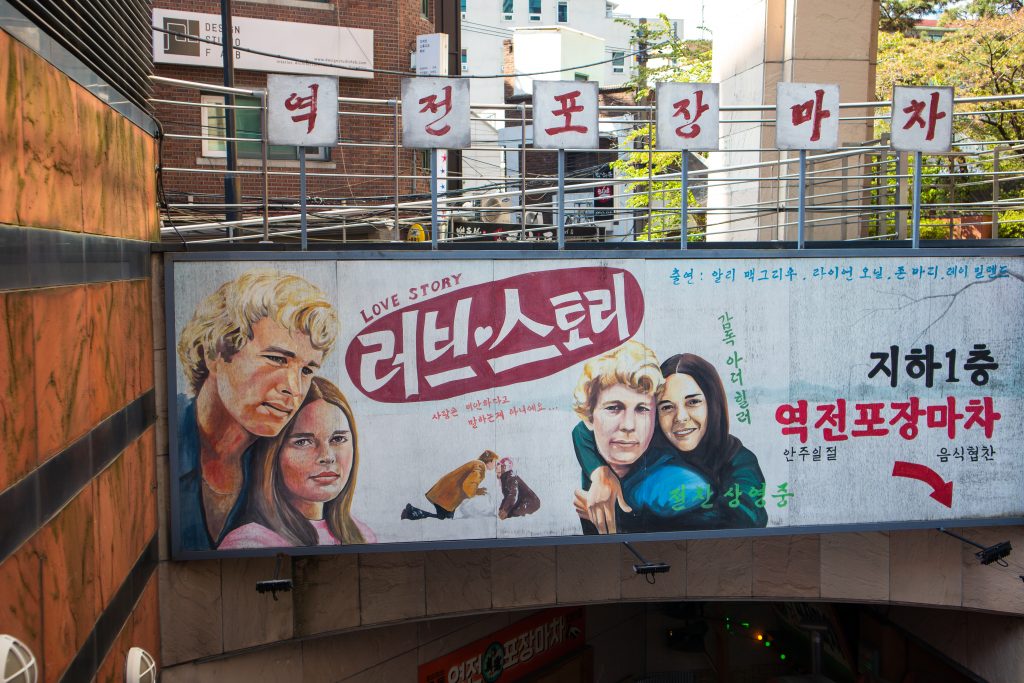
Nightlife in Korea is fun and safe. Here are some things to know before letting your hair down.
For males:
Like in any country (especially homogenous ones), men can be territorial about their women, even if they don’t know them. Make sure you’re in a foreign-friendly place before you start chatting up the opposite gender.
Koreans usually stay with their group and socialize among themselves instead of meeting new people. Going in cold can viewed as a sign of aggression.
For females:
Laws protecting women differ from most countries, so make sure to have a friend who watches out for you. (The laws are getting stronger, but it’s a work in progress) Police have conservative viewpoints when it comes to females out at night.
Also, don’t be surprised if men approach from behind to dance with you at a club.
For LGTBQ:
Gay clubs do exist and can be lots of fun, but public displays of affection, especially between the same gender are still viewed in a less than positive light. The exception is men holding hands while drunk and women holding hands at any time.
Who should I socialize with in Korea?
Hang out with locals. They know how to blow off steam and make use of everything Korea has to offer.
When you’re out with Koreans, it’s common to enjoy 5 courses (restaurant, bar, club, noraebang, pojangmacha) in one night. Expect to eat side dishes at every bar you go to (some places require you to order food even if you just want to drink).
These can range from a bowl of nuts to what seems like an entire meal.
Koreans are very warm and affectionate once you get to know them. I’ve had the pleasure of meeting people’s families and going on day trips with them.
They’ll even invite you to their weddings, even if you barely know them. This is done to collect money and inflate the guest list, but it’s fun a few times.
More about Korean Wedding Traditions
Expats you socialize with will set the tone of your experience. They can be a good support group or a black hole of negativity that sucks you in.
If you notice people just complaining about the country, you might be better off spending time with someone else.
Where should I go out in Korea?
Check out different neighborhoods. Even quiet “bed towns” like Ilsan or Suwon have a district where things are happening at night.
There are too many to count in Seoul, so you can find the right one for you. The general vibe and age range differ in each neighborhood.
Sinchon and Hongdae will skew towards college students, while Daehangro will have more young professionals. Jongo is great for people over 50. Exploring is half the fun.
Which apps and websites should I use in Korea?
Korea has some pretty nifty apps and websites. Here are a few that you’ll want to try:
- SSG Baesong Online shopping
- Kakao T (taxi app)
- Market Kurly
- Yogiyo
- Naver Map
- Shuttle
More about Korean Apps

What are the seasons like in Korea?
Korea has had four distinct seasons for many centuries. In the last 10 years though, climate change has blurred the lines a bit.
You can expect tropical weather in summer and arctic cold in winter. The following are guidelines, but check the forecast before leaving the house.
Spring
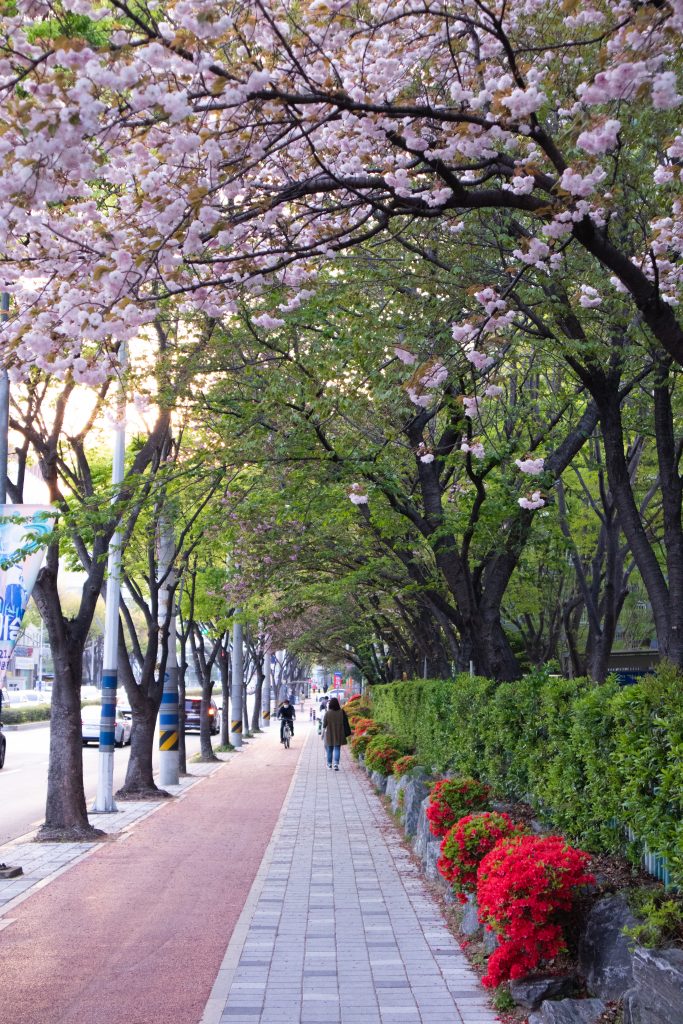
From March to May, Korea is a wonderful place.
There are a few months where the temperature is perfect and you really appreciate it.
You’ll just need a light jacket in the early morning and late evening. Flowers bloom, people are happier and there’s magic in the air.
There’s also fine dust from China as well as locally grown varieties.
This is becoming true throughout the year. An air purifier will pay for itself in better sleep quality and overall well-being. It doesn’t hurt to get some n94 masks which are cheap and abundant.
They’re also socially acceptable to wear at any time, so don’t be shy.
On the plus side, cherry blossoms adorn the streets bringing hope and anticipation for better things to come.
You’ll need:
- Light jacket
- N94 masks
Summer
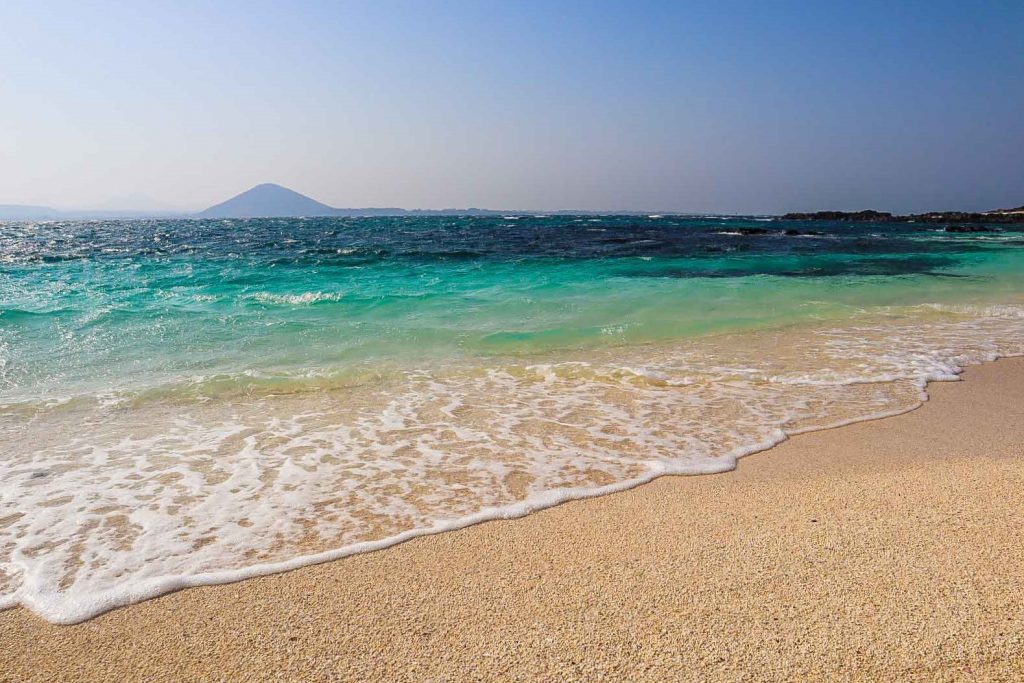
From June to August, things are hot and getting hotter each year.
Expect temperatures to be 25-35 degrees. When it’s not hot, it’s rainy from late June to late July. This includes typhoons that have been visiting more frequently. In 2020, the rainy season didn’t end until October.
Summer is the perfect time to go to the beach and people watch.
Prices for accommodation spike in summer, especially in Busan, so don’t move with the crowd. Go to lesser-known areas for a more relaxing time. There are a few fun pool parties throughout the country you can check out as well.
You’ll need:
- Hand held fan
- Umbrella
- Rain coat
- Fan
Autumn
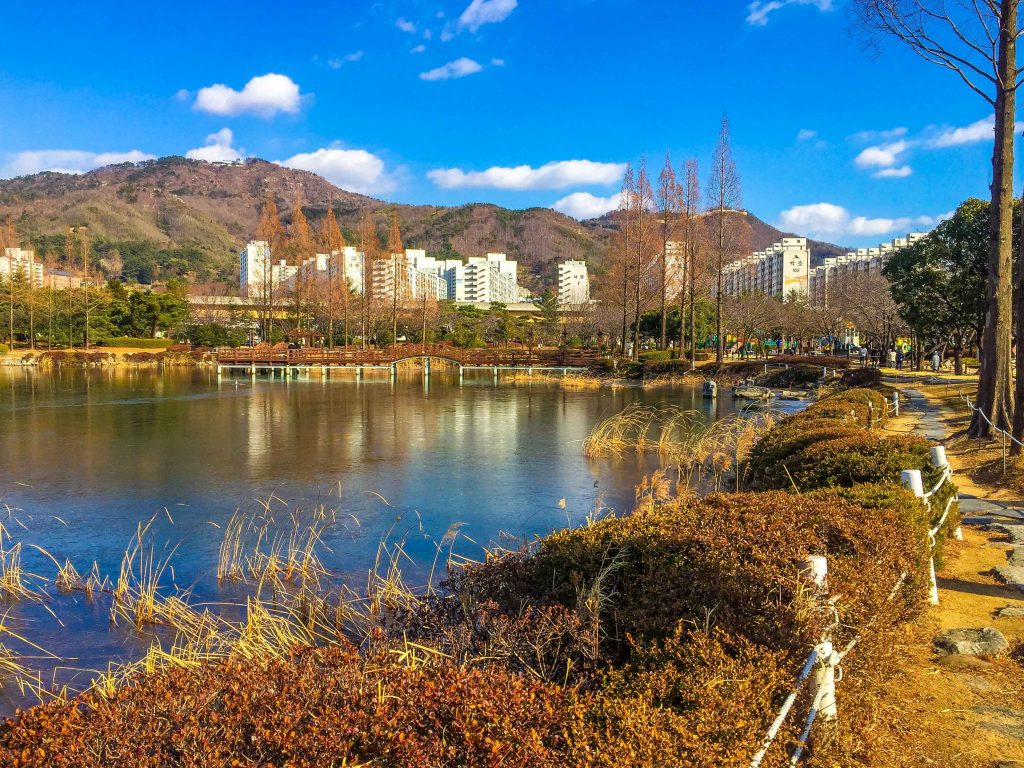
From September to November, expect crisp, dry air and temperatures from 10-25 degrees.
It’s probably the most beautiful time of the year with fall foliage bringing vivid reds and orange colors.
Fall is hiking season. Check out the more popular mountains for some great views. Also, visit smaller, lesser-known ones for tranquility.
Chuseok is a great time to stay where you are, especially in Seoul, because half of the inhabitants leave.
I don’t recommend traveling during this time. Stay local and enjoy some parks or mountains. Getting some good moisturizer is also a good idea, since the air starts getting dry.
You’ll need:
- Windbreaker
- Moisturizer
Winter
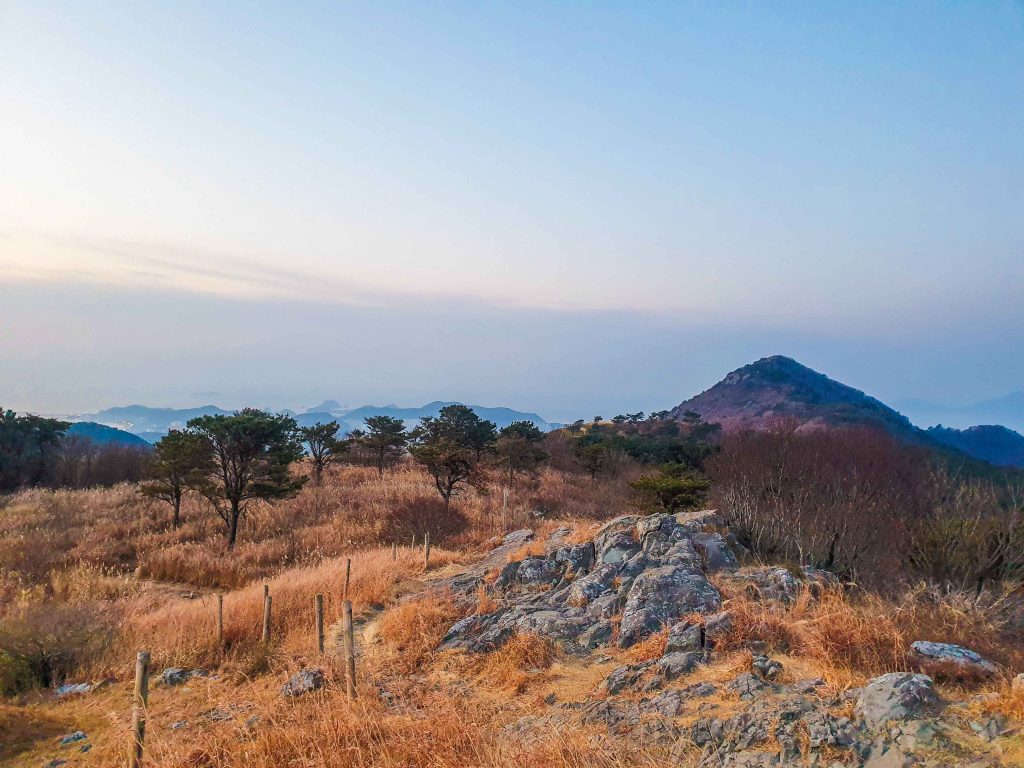
From December to February, expect temperatures in the minus 10-to-10-degree range.
It’s a great time to go snowboarding/skiing at one of the many resorts. I don’t prefer cold weather, so I made it a point to go somewhere warm for as long as possible.
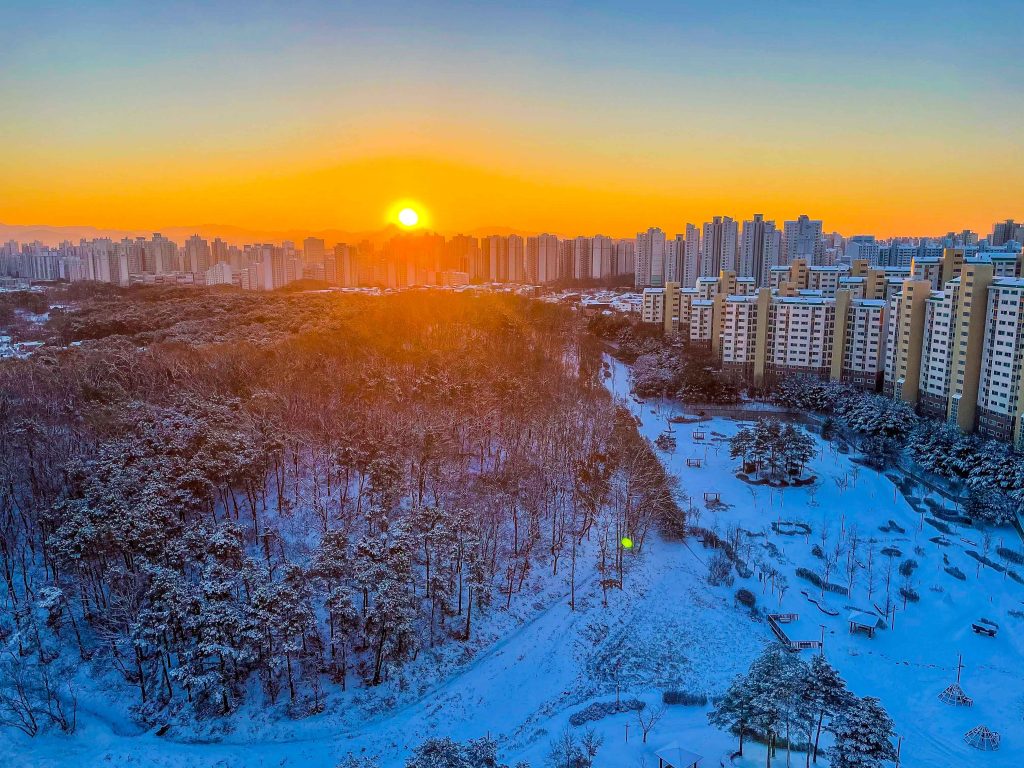
People are out less but they’re often grumpier than usual.
Even in minus 20-degree weather, neighborhoods like Hongdae and Shinsa are packed. If you’re in Korea, it’s a good time to take up an indoor activity that requires movement like salsa dancing or cooking.
Watch out for seasonal depression amplified by excess alcohol consumption. It’s easy to get into a funk without even realizing it.
Like with Chuseok, it’s not a good idea to travel during Seollal, even overseas. People are going abroad more often during the two main holidays.
You’ll need:
- Heated blanket
- Thick coat, scarves, socks and gloves
FAQ
How to make it living alone in Korea?
It’s important to balance work and life, while finding good groups to socialize with.
There are millions of people in Korea, so you can find someone you’re compatible with, if you put yourself out there.
Join a Facebook group or a meetup with a common interest. You can also check out volunteer gigs at animal shelters, if you prefer the company of non-humans.
Most importantly, try not to play the “isn’t it awful” game too much and focus on the all the great things you gain from living abroad.
How to find good Korean restaurants in Korea?
Naver reviews are often paid for, and people tend not to leave negative reviews. Finding good restaurants is usually trial and error, or through word of mouth.
Here are the most tried and true ways to find nice eateries in Korea:
- Ask a taxi driver and tell them what dish you’re looking for. Results may vary in Seoul, but this works well in the countryside.
- Scour back alleys for restaurants that are hard to find but seem popular. If they’re successful without foot traffic, they’re usually doing something right.
- Ask a Korean friend. They’ll know all the famous spots in the area.
- Join a restaurant group on Facebook and see what they recommend.
- A picture of an ajumma on the side of the building is a good sign. The grumpier she looks, the better the food usually is.
- Look for big business lunch crowds. People who work nearby have tried all the restaurants and know which ones are good. Yeouido is a prime example of this as I’ve found fantastic places this way.
- Avoid Instagrammable restaurants if you want a good meal instead of a good picture. They usually skimp on quality ingredients and compensate by dousing everything with sugar, because they spent too much on decorating. The only exceptions to this rule are outside of Seoul, since they have to try harder to attract customers.
What to avoid:
- Any place with tour buses parked outside. They have deals with tour companies and serve subpar food.
- For other cuisines, try to look at pictures of their food before going. If it looks like they just bought everything from Costco and you can make it at home, look elsewhere.
- Places with long lines of young people taking selfies. The food quality tends to dip because they’re trendy. Go for the atmosphere though!
- Places with a lot of foot traffic. They pay extra rent to get customers, so they sometimes focus on minimizing costs. Always look around the corner for some hidden gems.
Did we miss anything?
Korea can be a great place to live as an expat if you follow these rules
Now we want to hear from you.
Let us know what your favorite survival tip is in the comments!
Disclosure: There are affiliate links in this article that provide us a small commission at no extra cost to you. We only endorse the best language learning tools we use ourselves. Find out more about our code of ethics.
